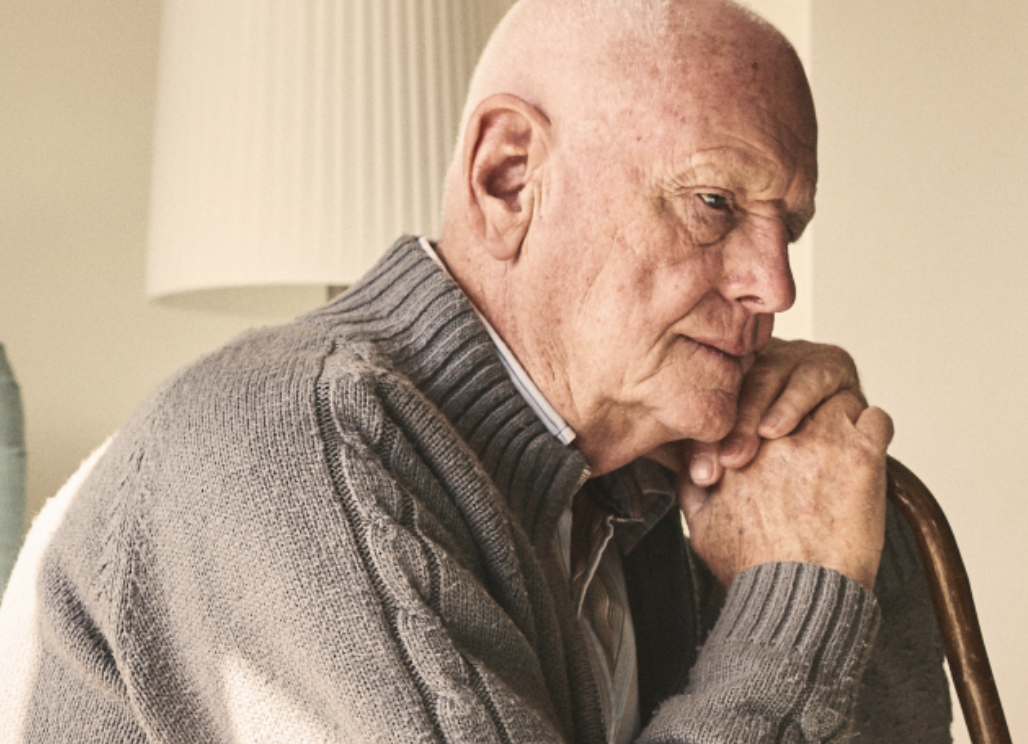Dr Lis Boulton, Health and Care Policy Manager at Age UK, examines key findings from our research into the effects of the pandemic on older people’s health and care
Since August 2020, Age UK has conducted several waves of polling and surveys across the UK to ask older people about the impact of the pandemic on their health, care and lives as a whole.
The findings from March and April 2022 showed a slight improvement across many areas of life, but nowhere near as much as we would have expected or liked to see. In October 2022, 80% of older people told us they were still concerned about the pandemic, with 17% worrying about the pandemic a lot, or all of the time.
Barriers to good physical health
Levels of concern about access to NHS services reduced slightly between September 2021 and April 2022, but remained high – particularly for people living with long-term conditions.
In April 2022, nearly two fifths of older people felt concerned about getting access to their GP. In particular, older people have told us about their frustrations in trying to get face-to-face GP appointments, as well as the long waits they have experienced for referrals, diagnoses, treatment and surgery. Telephone appointments and other remote access options present huge challenges for many older people, and they tell us that these challenges are not going away.
Older people’s abilities to carry out activities of daily living (such as getting in and out of bed, using stairs, walking short distances outside) have plateaued since September 2021. More than half of older people were not confident that their abilities to carry out activities of daily living would improve.
One in five older people told us that their health had got worse over the previous six months, and this figure was almost one in four for women – with more than half of older people not confident that their health would improve. Changes in physical health were attributed to three overarching factors: the consequences of pandemic restrictions, contracting coronavirus, and reduced access to NHS services. Being able to see a GP and other clinicians face-to-face was what older people told us would improve their health the most.
Managing mental wellbeing
Older people’s anxiety, motivation and sleep have all improved slightly since Spring 2021, when around two fifths of older people felt noticeably more anxious and less motivated than before the pandemic. However, this is still the case for around a third of older people. Once again, pandemic restrictions, contracting coronavirus, and difficulties accessing NHS care and support were cited as reasons for the change in older people’s mental health. Added to these were the burden of caring, poor physical health, worries and depression. Many older people felt that improving their mental health was out of their control, as only Government actions and lower energy and food costs could help. Two fifths of older people reported loneliness of some degree.
Confidence to get out and about in the community, seeing friends and family, and using public transport had increased very slightly between September 2021 and April 2022, with additional small increases since the ‘Living with COVID-19’ plan came into force in February 2022. Still, only 48% of older people felt confident when using public transport; 33% when using leisure facilities; 35% when going to group activities and classes; and 36% when going to religious venues. Fear of contracting the virus was still evident, along with a loss of confidence in going to crowded places.
Care in crisis
In the survey, we asked older people about their experiences relating to their need for social care. We heard about challenges accessing assessments and care services. We also heard that the rising cost of living meant that some people could no longer afford to pay for care. The vast majority of people who needed care were having it provided by family and friends.
The picture painted by older carers was bleak, reporting a range of negative emotions. Three in five older carers were tired, half were anxious, four in five were worried, and almost a third overwhelmed. They told us of service and system challenges, alongside the massive impact on their mental health. Very many told us that their lives were ruled by caring, that they had no time off and were exhausted. A small number of carers were receiving some level of support, through either paid care, respite services, or care support groups. However, the vast majority were unsupported in their roles.
A loss of confidence
As with previous waves of this research, there were some heartbreaking responses from older people whose lives had been massively negatively affected by the pandemic. These responses were characterised by loss: loss of a loved one, of social contact or their former way of life, and loss of support from and trust in services. Many older people were nowhere near to recovering their previous lifestyles, and didn’t feel confident that life would ever get back to normal.
Improvements to health and care services, to the management of coronavirus, and action on the cost of living would all help to increase older people’s confidence about regaining their previous lifestyles. However, older people felt that these were beyond their control. For some older people, there was a feeling that nothing could help; it’s too late for them.
